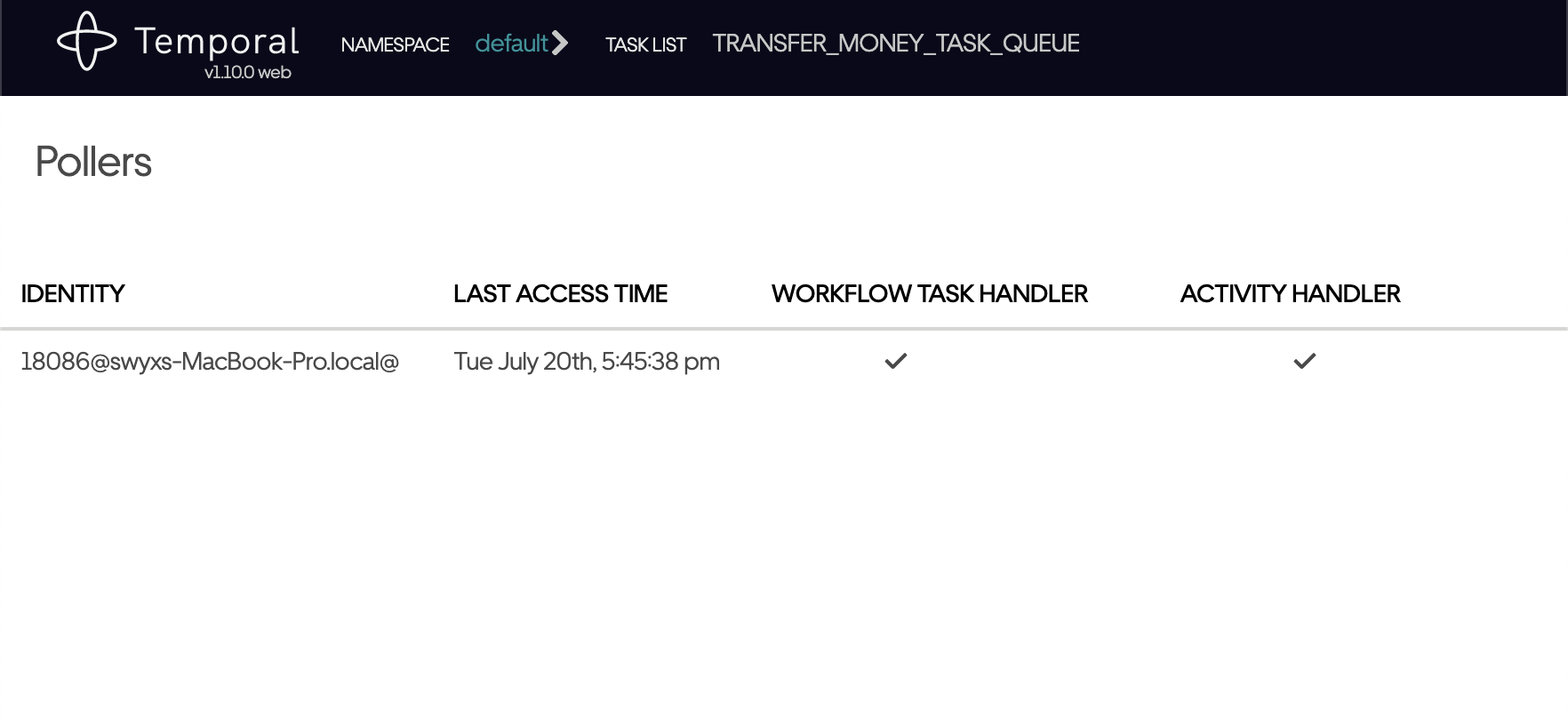The world’s most powerful template engine and Go embeddable interpreter.
Website | Get Started | Documentation | Community | Contributing
Features
- Fast, a very fast embeddable pure Go language interpreter.
- Modern and powerful template engine with Go as scripting language.
- Native support for Markdown in templates.
- Secure by default. No access to packages unless explicitly enabled.
- Easy to embed and to interop with any Go application.
Get Started with Programs
Execute a Go program embedded in your application:
package main
import "github.com/open2b/scriggo"
func main() {
// src is the source code of the program to run.
src := []byte(`
package main
func main() {
println("Hello, World!")
}
`)
// Create a file system with the file of the program to run.
fsys := scriggo.Files{"main.go": src}
// Build the program.
program, err := scriggo.Build(fsys, nil)
if err != nil {
panic(err)
}
// Run the program.
err = program.Run(nil)
if err != nil {
panic(err)
}
}
Get Started with Templates
Scriggo, in templates, supports inheritance, macros, partials, imports and contextual autoescaping but most of all it uses the Go language as the template scripting language.
{% extends "layout.html" %}
{% import "banners.html" %}
{% macro Body %}
{% for product in products %}
- {{ product.Name }}
{% end %}
{{ render "pagination.html" }}
{{ Banner() }}
{% end %}
Scriggo template files can be written in plain text, HTML, Markdown, CSS, JavaScript and JSON.
Execute a Scriggo template in your application
// Build and run a Scriggo template.
package main
import (
"os"
"github.com/open2b/scriggo"
)
func main() {
// Content of the template file to run.
content := []byte(`
Hello
{% who := "World" %}
Hello, {{ who }}!
`)
// Create a file system with the file of the template to run.
fsys := scriggo.Files{"index.html": content}
// Build the template.
template, err := scriggo.BuildTemplate(fsys, "index.html", nil)
if err != nil {
panic(err)
}
// Run the template and print it to the standard output.
err = template.Run(os.Stdout, nil, nil)
if err != nil {
panic(err)
}
}
For a complete get started guide see the Scriggo site.
Contributing
Want to help contribute to Scriggo? See CONTRIBUTING.md.



